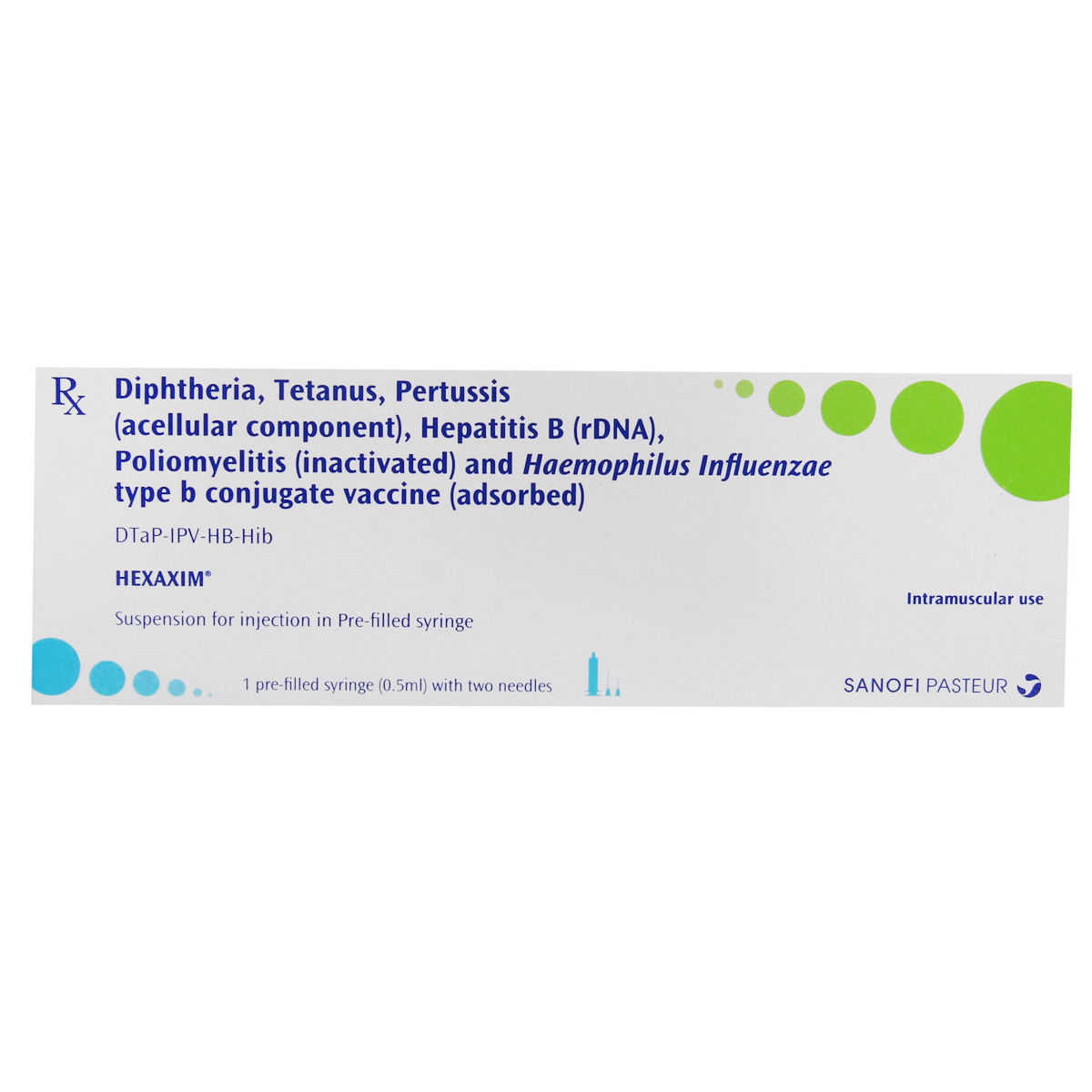Conjugated Estrogens
About Conjugated Estrogens
Conjugated Estrogens belongs to the class of hormones used as ‘hormone replacement therapy’ to treat symptoms and conditions associated with menopause. During menopause, estrogen levels decrease, leading to hot flushes (feeling of heat over the face, neck, and chest). Women with menopause are at risk of developing osteoporosis (thinning of bones). Conjugated Estrogens can be used to prevent osteoporosis after menopause.
Conjugated Estrogens contains ‘conjugated estrogens’, which is used as hormone replacement therapy (HRT). It works by replacing the estrogen hormone in menopausal women. It also regulates the secretions of hormones such as luteinizing hormone (LH) (necessary for sexual function and the menstrual cycle) and follicle-stimulating hormone (FSH) (regulates the menstrual cycle). These effects help to improve the symptoms of menopause.
Conjugated Estrogens should be taken as advised by your doctor. The dose of medicine and duration of treatment will be decided by the doctor based on your medical condition. Conjugated Estrogens may cause certain side effects such as abnormal vaginal bleeding or spotting, vaginal discharge, pain and swelling in the breasts, discharge from the nipples, changes in breast tissue, feeling or being sick, bloating, abdominal pain, headache, dizziness, mood changes, irritability, joint pain, leg cramps, increased or decreased libido (sexual desire), swelling of face or ankles, rashes on the skin, changes in hair growth, eye, weight and triglyceride levels (fats), intolerance to glucose, memory loss and jaundice (yellowing of the skin or eyes).
Conjugated Estrogens should be avoided if you have a history of breast cancer, endometrial cancer (cancer of the lining of the womb), unexplained vaginal bleeding, untreated endometrial hyperplasia (thickening of the womb lining), have a blood clot in the veins (thrombosis), in the legs (deep vein thrombosis) or the lungs (pulmonary embolism), blood clotting disorder, heart attack or angina (chest pain), inherited porphyria (a blood disorder) or liver disease. It is not recommended for use in pregnant and breastfeeding women. Stop taking Conjugated Estrogens and consult your doctor immediately if you are allergic to it or if you develop jaundice (yellowing of the skin and eyes), high blood pressure and migraine-like headache, become pregnant or notice signs of a blood clot such as redness, swelling and pain in the legs, sudden chest pain or difficulty in breathing. Inform your doctor if you have any intolerance to sugar.
Uses of Conjugated Estrogens
Medicinal Benefits
Conjugated Estrogens contains ‘conjugated estrogens’, which is used for hormone replacement therapy (HRT). In menopause, estrogen levels become too low, so Conjugated Estrogens works by replacing this hormone. It also regulates the secretions of other hormones from the pituitary gland, such as luteinizing hormone (LH) (necessary for sexual function and the menstrual cycle) and follicle-stimulating hormone (FSH) (regulates the menstrual cycle). These effects help to reduce the symptoms of menopause.
Directions for Use
Storage
Side Effects of Conjugated Estrogens
- Nausea
- Stomach pain
- Headache
- Back pain
- Depression,
- Sleep problems (insomnia)
- Breast pain
- Vaginal itching or discharge
- Changes in your menstrual periods
- Unusual vaginal bleeding
- Changes in vision or speech
Drug Warnings
Before starting treatment with Conjugated Estrogens, inform your doctor if you are allergic to it. Also inform if you have fibroids inside the womb, growth of womb lining outside the womb (endometriosis), excessive thickening of the womb lining (endometrial hyperplasia), increased risk of developing blood clots, increased risk of getting estrogen-sensitive cancer (in people with a family history of breast cancer), high blood pressure, diseases associated with liver, kidney, or heart, fluid retention (oedema), diabetes, gallbladder stones, migraine or severe headache, systemic lupus erythematosus, epilepsy (fits), asthma, osteosclerosis (a condition affecting eardrum and hearing), hypocalcemia (low calcium levels in the blood), and high levels of fat in the blood. Conjugated Estrogens increases the risk of endometrial hyperplasia and endometrial cancer, so your doctor may prescribe you the hormonal medicine ‘progesterone’ to minimize this risk. Inform your doctor if you are pregnant or breastfeeding, as Conjugated Estrogens is not recommended for use in such a population. Long-term use of high dosages of this medication may raise your risk of heart attack, stroke, blood clots, dementia, breast cancer, or uterine cancer. Discuss this risk with your doctor. If you still have your uterus (womb), see your doctor about whether you should take progestin.
Drug Interactions
Drug-drug interactions: Conjugated Estrogens may interact with anticonvulsants (phenobarbital, phenytoin, and carbamazepine), medicines used to treat tuberculosis (rifampicin and rifabutin), drugs used to treat HIV (nevirapine, efavirenz, ritonavir, and nelfinavir), antibiotics (erythromycin and clarithromycin), antifungal medicines (ketoconazole and itraconazole), a herbal preparation such as St. John’s wort (Hypericum perforatum), a medicine used to treat Cushing’s syndrome (metyrapone), a drug used to treat stomach ulcers (cimetidine) and corticosteroids (dexamethasone).
Drug-food interactions: Avoid grapefruit or grapefruit juice while using this medicine to increase the risk of side effects.
Drug-disease interactions: Conjugated Estrogens is contraindicated in conditions such as breast cancer, endometrial cancer (cancer of the lining of the womb), unexplained vaginal bleeding, untreated endometrial hyperplasia (thickening of the womb lining), having a blood clot in the veins (thrombosis), in the legs (deep vein thrombosis), or the lungs (pulmonary embolism), blood clotting disorder, heart attack or angina (chest pain), inherited porphyria (a blood disorder), or liver disease.
Drug-Drug Interactions Checker List:
Safety Advice

Alcohol
cautionConsumption of alcohol while using this medicine may cause interactions. Discuss with your doctor for more information.

Pregnancy
unsafeConjugated Estrogens is a category X drug. This medicine is not recommended for use in pregnancy as it may harm your foetus. Hence, if you are pregnant or planning pregnancy, inform your doctor. Your doctor may prescribe an alternative based on your medical condition.

Breast Feeding
unsafeIt is not recommended for use in breastfeeding as it may pass into breast milk and reduce the production of milk. Hence, inform your doctor before starting treatment with Conjugated Estrogens if you are breastfeeding. Your doctor may suggest you stop feeding while on treatment with this medicine.

Driving
safeConjugated Estrogens may not affect your ability to drive.

Liver
unsafeConjugated Estrogens should not be used in patients with liver diseases. Hence inform your doctor if you have/had a history of liver disease before starting treatment with this medicine.

Kidney
cautionConjugated Estrogens should be used with caution in patients with severe kidney diseases. Hence If you have a pre-existing or a history of kidney disease, inform your doctor before taking Conjugated Estrogens. Your doctor may adjust the dose or prescribe a suitable alternative based on your condition.

Children
unsafeThe safety of Conjugated Estrogens in children is not established. Hence, the use is not recommended.
Habit Forming
Diet & Lifestyle Advise
- Wear loose, layered clothing during the nighttime, especially in warm weather. This prevents hot flushes.
- Manage your weight. Shed excess weight by exercising regularly if you are obese or overweight.
- Talk to a psychologist if you feel low, sad, isolated, or have any sleeping issues.
- Apply moisturizers to prevent skin dryness.
- Limit alcohol intake and quit smoking.
- Try to eat foods that are rich in iron and Vitamin C, including red meat, shellfish, eggs, beans, and leafy green vegetables.
Special Advise
- While giving blood for tests, inform your doctor that you are taking Conjugated Estrogens as this medicine may affect some test results.
- Take calcium and vitamin D supplements to promote bone health and reduce the risk of osteoporosis.
- Your doctor may advise you to get blood tests to examine the risks of taking this medication.
Patients Concern
Disease/Condition Glossary
Menopause: Menopause occurs when a woman is between 45 and 55 and has not had a period for 12 months or more. However, some women may also experience menopause before 45 years or after 55 years. It occurs due to decreased production of estrogen hormone. The change in levels of other hormones such as progesterone, luteinizing hormone and the follicle-stimulating hormone is also observed during menopause. It causes symptoms such as hot flushes, vaginal dryness, insomnia (sleeplessness), weight gain, reduced sexual desire, sore breasts, hair loss, unwanted hair growth, headache and urinary tract infections.
FAQs
Conjugated Estrogens is used as hormone replacement therapy to treat symptoms and conditions associated with menopause.
Conjugated Estrogens works by replacing the deficient estrogen hormone in menopausal women. It effectively reduces the symptoms and improves health conditions.
Conjugated Estrogens is not a form of contraception. Because pregnancy is possible early in menopause while you are still experiencing monthly cycles, you should consult with your doctor about another (non-hormonal) type of birth control.
Your doctor decides the dose of Conjugated Estrogens based on your health condition. It is advised not to take more than the recommended dose.
Conjugated Estrogens may cause weight changes. Conjugated Estrogens contains 'conjugated estrogen' that regulates metabolism and body weight. However, exercise regularly and eat a well-balanced diet to control body weight. In case of unusual weight gain, consult your doctor.
Conjugated Estrogens increases the risk of breast cancer when it is used as Hormonal replacement therapy for longer durations.
You are not recommended to stop taking Conjugated Estrogens without consulting your doctor as it may worsen the condition or cause recurring symptoms. Therefore, take Conjugated Estrogens for as long as your doctor has prescribed it and if you experience any difficulty while taking Conjugated Estrogens, please consult your doctor.
When estrogen combined with smoking increases the risk of blood clots, heart attacks, high blood pressure, and strokes, especially in women over the age of 35, so you should avoid smoking and using tobacco. Take sun protection by using appropriate precautions such as using sunscreens and shades. Be cautious of any adverse effects and report them to your doctor right away.
There is no documented evidence available as of now. If you are concerned about weight loss or if you experience any drastic changes in weight loss, seek medical attention.
Usually, Conjugated Estrogens is taken once daily. The dosage may vary depending on the disease being treated and person to person. It is important to follow your doctor's medication instructions.
Conjugated Estrogens is a mixture of estrogen hormones, derived from the urine of pregnant mares or synthetically derived from plant materials.
If you were experiencing menoporosis (bone thinning) or menopause symptoms and disorders (menstrual periods ending permanently). In that case, your doctor may prescribe this medication to you. Take this medication orally as your physician prescribes, with or without a meal.
Do not miss your medication as per instructions. If you miss a dose, take it as soon as you remember unless it's almost time for your next dose. If it is almost time for your next dose, skip it and take your next dose at the regular time. Never take a double dose to make up for a missed one.
Common side effects of Conjugated Estrogens may include, abnormal vaginal bleeding or spotting, vaginal discharge, pain and swelling in the breasts, discharge from the nipples, changes in breast tissue, feeling or being sick, bloating, abdominal pain, headache, dizziness, mood changes, irritability, joint pain, leg cramps, increased or decreased libido (sexual desire), swelling of face or ankles, rashes on the skin, changes in hair growth, eye, weight and triglyceride levels (fats), intolerance to glucose, memory loss and jaundice (yellowing of the skin or eyes).






